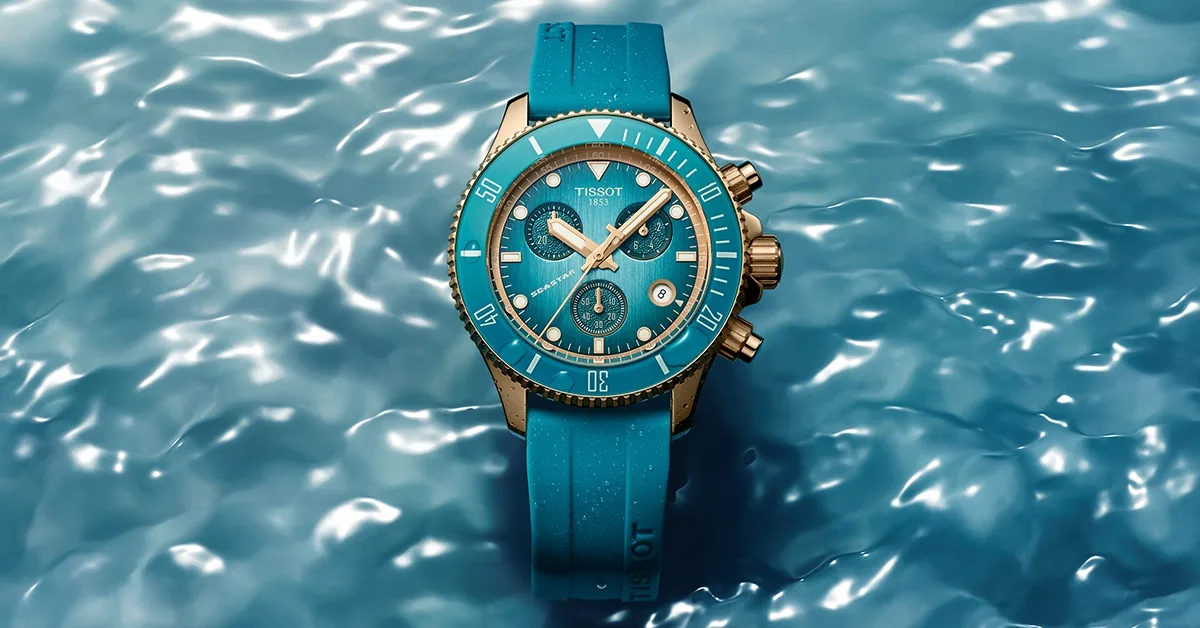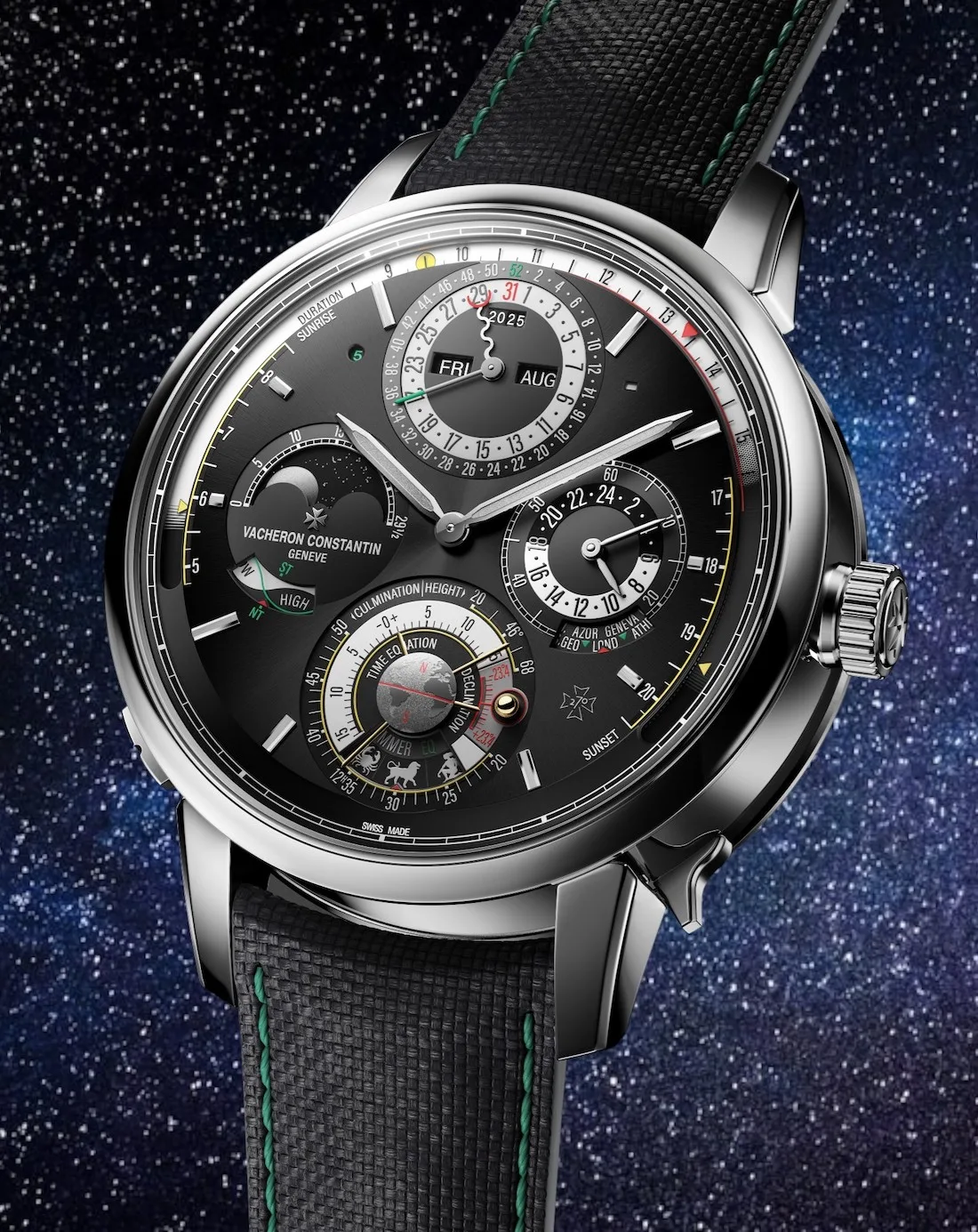In 1994, the then three-year-old Sonia Gisa’s life was devastated by the genocide in the country of her birth, Rwanda. In the onslaught, her father was murdered and she and the rest of her family were forced to flee their home to escape the brutally ruthless soldiers. Last year, Sonia published her first book, Slaughter Baby, in which she shares the story of how she survived the horror of those years and became Miss Africa and an international top model. Author Elaine Sturgess interviewed her for I-M Intelligent Magazine.
The consequences of the genocide prevailed for many years. Sonia survived not only the guns of the militia but severe hunger and illness. During her childhood and teenage years, she was haunted by those experiences, with traumatic periods of PTSD. Despite this, Sonia’s survival instincts, determination and courage motivated her to find a purpose in life and to realise her dreams. She escaped Rwanda and move to Europe, where she studied and worked her way into fashion and modelling. Now a top model with over 12 years of experience, Sonia’s outlook on living is an extraordinary testament to the human spirit. Her indomitable understanding of life and death has given her a sense of self and resilience that transcend the limitations we often place on ourselves. In talking to Sonia about her life and experiences, one of the startling realisations is that she has an incredible capacity to find perspectives that most of us might find hard to comprehend, given the level of violence she experienced.
E.S: How was the experience of writing your own story?
S.G: I like to put my thoughts and imagination on paper, so writing has always been something that I’ve enjoyed – but this time the experience was different – I definitely didn’t realise beforehand what an immense therapeutic effect it would have on me to talk about my personal experiences.
E.S: Your book recounts harrowing experiences that most of us cannot imagine, how have they influenced the person you have become?
S.G: My story literally shaped every single layer of my personality so it’s hard to know where to start. Most importantly, it helped me drop all of my fears because when you face something unbelievably terrifying in your childhood, it either helps you build the ability to cope with fears easily or you become a victim of that experience your entire life. I believe that either way you are the one who chooses the path you are going to follow.
E.S: As a child, you were aware that often girls were “unwanted” because families preferred a male child. Has that made it more important to you to succeed as a woman?
S.G: Fortunately that was not my case. As a child, I knew my father loved me very much – and that was enough for me. I did have some insecurities that pushed me to try to impress, for example by choosing difficult studies, but I quickly realised that I wanted to be myself no matter what. Being myself was the most important thing, more than gender identity.
Sonia managed to escape Rwanda and moved to Europe, where she studied and worked her way into fashion and the very top of the modelling world.

E.S: How far do you think that situation has changed in Rwanda almost 30 years on?
S.G: There have been major changes in Rwanda. To start with, change came at a very slow pace – and then “boom!”, Rwanda became one of the countries developing really fast and now many look upon us as an example. Moreover, the percentage of women in politics has hit a new record as the highest in the world these last few years. Hopefully, it will stay that way.
E.S: How have your experiences shaped your view on violence based on ethnicity and race? How does Europe compare?
S.G: Violence is always horrific, in the case of the 1994 genocide against the Tutsi, it was a result of long-term propaganda linked to colonisation. The human race must learn from their mistakes and prevent that from ever happening again. It’s difficult for me to make a direct comparison with Europe because my experiences were deeply personal and I haven’t lived in Europe in a time of war, but I recognise that here there have been some of the darkest episodes of mankind, such as the Jewish and Armenian genocides. I believe the same lessons have to be learned by both continents.
“On my very first fashion shoot, I felt enraptured. There was nowhere else I would’ve wanted to be. I could free my mind completely and simply live in the moment.”
– Sonia Gisa

E.S: The loss you experienced was devastating, did you ever think that you wouldn’t survive?
S.G: Never. I never had any doubt even when I was young. I have always gone through life knowing that the best was yet to come.
E.S: There is a particularly heart-breaking and tender moment in your story when your father’s remains are discovered, and you describe washing his bones ready for burial. Can I ask what the emotional impact of that was?
S.G: It was shocking. On one hand, I felt a sense of relief that he was going to be buried with dignity. On the other, I couldn’t imagine that the amazing image of a wonderful father I had in my head could be just the remains that were in that trash bag. I heard one day somewhere that love is the only feeling that can travel through time… that helped me to see that incident more like one last step I needed to grieve. He is still with me in my heart.
E.S: The life wisdom and understanding you talk about in your book are inspirational, is that a direct reflection of your experience?
S.G: It is a combination of many things: experience, observation, vision and the strong will I had to break through and transform iron into gold – that’s the metaphor I really identify with, from The Alchemist by Paul Coelho. Do you know? If life gives you lemons, make lemonade.
The 1994 genocide against the Tutsi resulted in the death of 800,000 human beings,

E.S: Do you think the world has moved forward in its desire to address oppression and support countries like Rwanda?
S.G: The world is definitely going in the right direction on that subject, as proved by the recent movement Black Lives Matter, but in terms of supporting countries like Rwanda, I strongly believe that the main and most important foundation has to come from inside countries themselves; and then the rest of the world can help.
E.S: How far do you think a movement like Black Lives Matter can go towards helping Rwanda?
S.G: In many ways, Black Lives Matter raised the world’s awareness of the inequalities that reign globally towards people of colour, and Rwandans are included. It also helped to shine a spotlight on different countries with different issues.
E.S: You were very determined to breakthrough in the fashion industry. Tell us about your first job, how did it feel?
S.G: I had a feeling of rapture because for the first time I was able to free my mind and live in the moment. There isn’t any other place I would’ve wanted to be other than where I was at that moment in time. Discovering the fashion world made a huge impression on me; I love meeting all the creative people and being involved in that inventive world is imperative for me.
“Black Lives Matter raised awareness of the inequalities that reign globally towards people of colour, and Rwandans are included.”
– Sonia Gisa

E.S: It’s interesting that you picked the fashion industry which is notoriously punishing in its examination of appearance. Have you ever found that difficult?
S.G: Sure, I have had criticism coming my way about my appearance, but I have rarely given a thought to that. You have to be able to differentiate between constructive criticism and people who just want to throw their venom at you – and I know how to manage that.
E.S: You love to travel, and obviously lockdown prevented that for some time. Have you been planning places to visit now that most restrictions have been lifted?
S.G: Ha-ha, the list is long! I have to catch up with all the destinations I missed during the lockdown. I’m fascinated with South America and Asia, so firsts on the list: Mexico, Bali, Peru, Vietnam…
E.S: Writers and books have inspired you on your journey. Who are your favourite writers and what words of wisdom have they given you?
S.G: Reading is my favourite pastime and I have been influenced by many different writers and books. If I could pick what I have been into recently, I would say The Allegory of the Cave by Plato. I like his philosophical vision about how humans perceive reality; and Greenlights by Matthew McConaughey, a very inspiring life journey about spirituality, combined with a Hollywood success story.
E.S: What message do you want people to take from your own book?
S.G: Dream big, follow your dreams. Your past and background don’t define you – start where you are. Nothing is impossible, and remember to stay humble.
Slaughter Baby is available on Amazon as Paperback £11.99, Kindle £9.99 and audiobook (free with Audible trial).


















Show Comments +